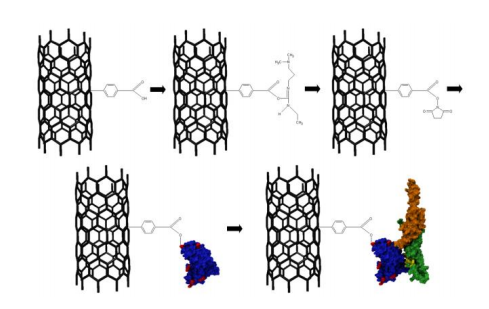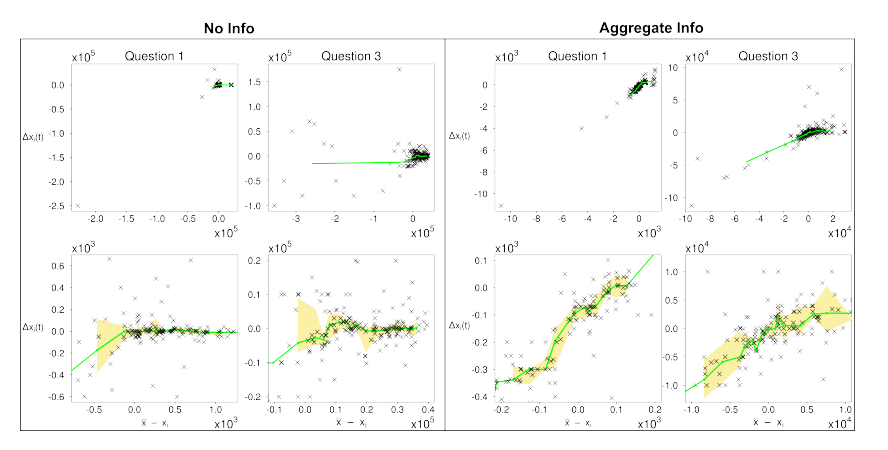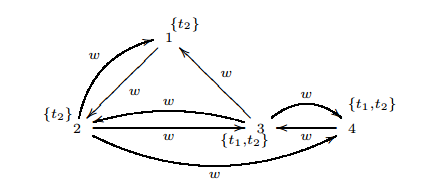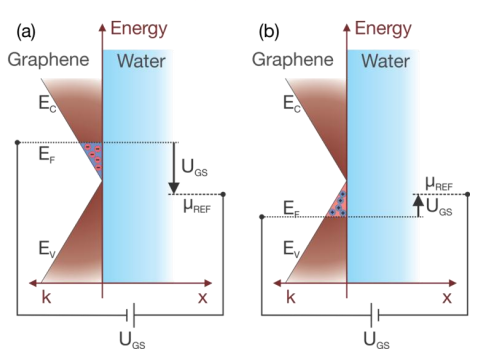- Cybersecurity Risk High in Industrial Control Systems
Professionals in energy and other industries say design of control systems makes them vulnerable.
If you thought that concerns over the security of the physical infrastructure of the U.S. are overblown, consider what people in industry say. It’s not particularly encouraging, although there are signs that awareness of the issue is rising.
- The Social Network That Really Matters to Startups
Expanding beyond simply connecting investors and new companies, AngelList aims to create a more global startup community.
AngelList started as a website for investors looking to connect with fledgling startups and vice versa. Now, three years later, it increasingly looks like an indispensable part of the startup scene—and in recent months it has introduced new features that could give it an even more central role.
- "Glassholes" Only, Please
Why is Google restricting its Glass rollout to rich tech elites?
Google has always had a big-tent, pseudo-public-service bent to its branding: “Don’t be evil”, “Organize the world’s information,” and the like. Google doesn’t position its products as Apple-like status symbols. Android is for anyone and everyone; even the ubiquitous slang “google it” couldn’t have caught on if the company’s search technology weren’t omnipresent and omni-accessible. Which makes the rollout of Google’s potentially world-changing Glass product seem strange. First, you have to audition on Twitter (or Google+) for access to the product: Google says it’s seeking “bold, creative individuals”. They could also add “rich” to that list: if Google selects your “application,” you still have to cough up $1500 for your pair of techno-specs.
- Your Next Smartphone Could Respond to Your Voice, Even When It’s Asleep
- Molecule Helps Nanoparticles Sneak Past the Immune System
Researchers have given nanoparticles the ability to tell immune cells not to eat them, a development that could have broad implications for medicine.
Taking a cue from nature, researchers have designed nanoparticles that can avoid being destroyed by the immune system by convincing immune cells that the particles are part of the body. The advance represents a fundamentally new way to address a major obstacle facing nanoparticle-based drug delivery.
- Google Glass Needs Phatic Interaction, Stat
When you’ve got a computer strapped to your face, do you really want to be talking to it all the time?
Google Glass’s new demo video is impressive. The product is looking less like magic–the original teaser video made visual and experiential claims that just weren’t plausible–and more like reality. The most interesting thing about the video is how it finally confirms the most mundane, and important, aspect of Google Glass’s user experience: how do you control the damn thing? Google Glass, apparently, relies on a Siri-like interaction: you invoke it by saying “OK Glass” and then issue further instructions.
- The Chrome Pixel Has Highest-Resolution Screen on the Market
Taking a page from Apple and Microsoft, Google debuts a new device.
Google announces today something called the Chromebook Pixel, a laptop running Chrome OS that, as the company says, “brings together the best in hardware, software and design to inspire the next generation of Chromebooks.” That verb “inspire” should sound familiar. Just as Microsoft made the Surface to give a sort of Platonic ideal off of which its manufacturing partners could offer variations, so is Google hoping to achieve the same with the Pixel.
- An Augmented Reality Chip Might Speed Adoption
If Metaio’s augmented reality chipset can save power in AR apps, smartphone owners could be more inclined to use them.
Could your next smartphone come with an augmented reality chip? That’s the hope over at Metaio, a German company that announced its first augmented reality processing unit on Thursday. Metaio, which has previously just made software that developers can use to build AR apps, is working with mobile chip maker ST-Ericsson to include this “AREngine” in new mobile chips.
- A Quick Tour of Windows 8
Digest powered by RSS Digest






